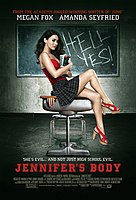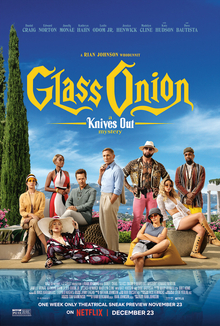Lists











11 Books
To Read
Sort by:
Recent Desc
More lists by Queerly



To Watch
still gotta watch it yknow
January 2023
0
S
@smutshroom



Lightly interested
List includes: Rocko's Modern Life, The Venture Bros., Final Fantasy VII: Advent Children
January 2023
0
S
@smutshroom



priority
List includes: Ergo Proxy, Angel's Egg, Belladonna of Sadness
January 2023
0
S
@smutshroom



☆☆☆☆ 4 STAR
good !! but not goat
January 2023
0
S
@smutshroom



Sadboi Hours
If this is his vibe, run (its me, im this guy)
December 2022
1
S
@smutshroom

☆☆☆☆☆ 5 STAR
the ! best !!! omg the best and my favourite
December 2022
0
S
@smutshroom
☆☆☆ 3 STAR
respectful pass
December 2022
0
S
@smutshroom
☆☆ 2 STAR
List includes:
December 2022
0
S
@smutshroom
☆ 1 STAR
mmm no thankyou
December 2022
0
S
@smutshroom